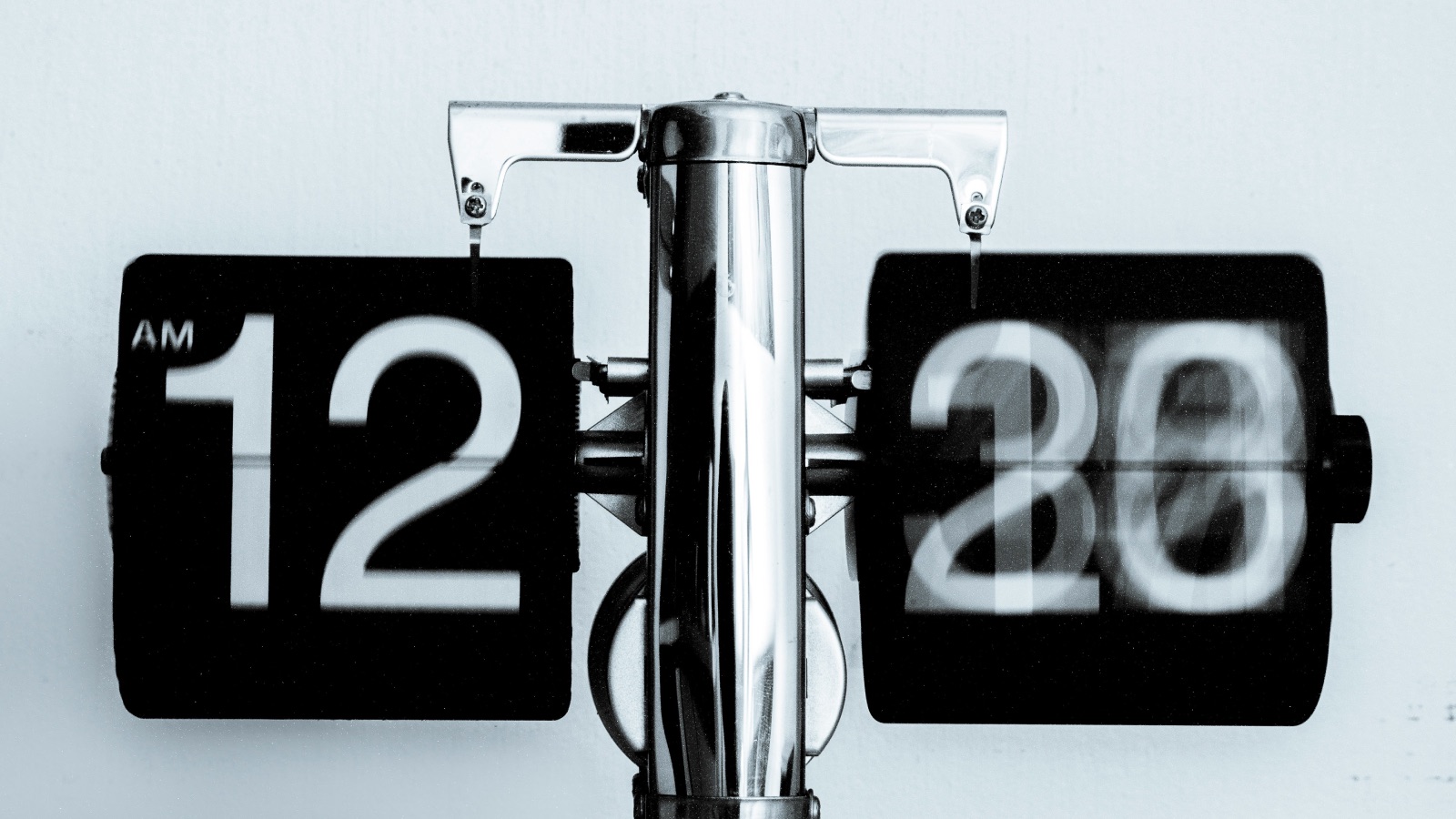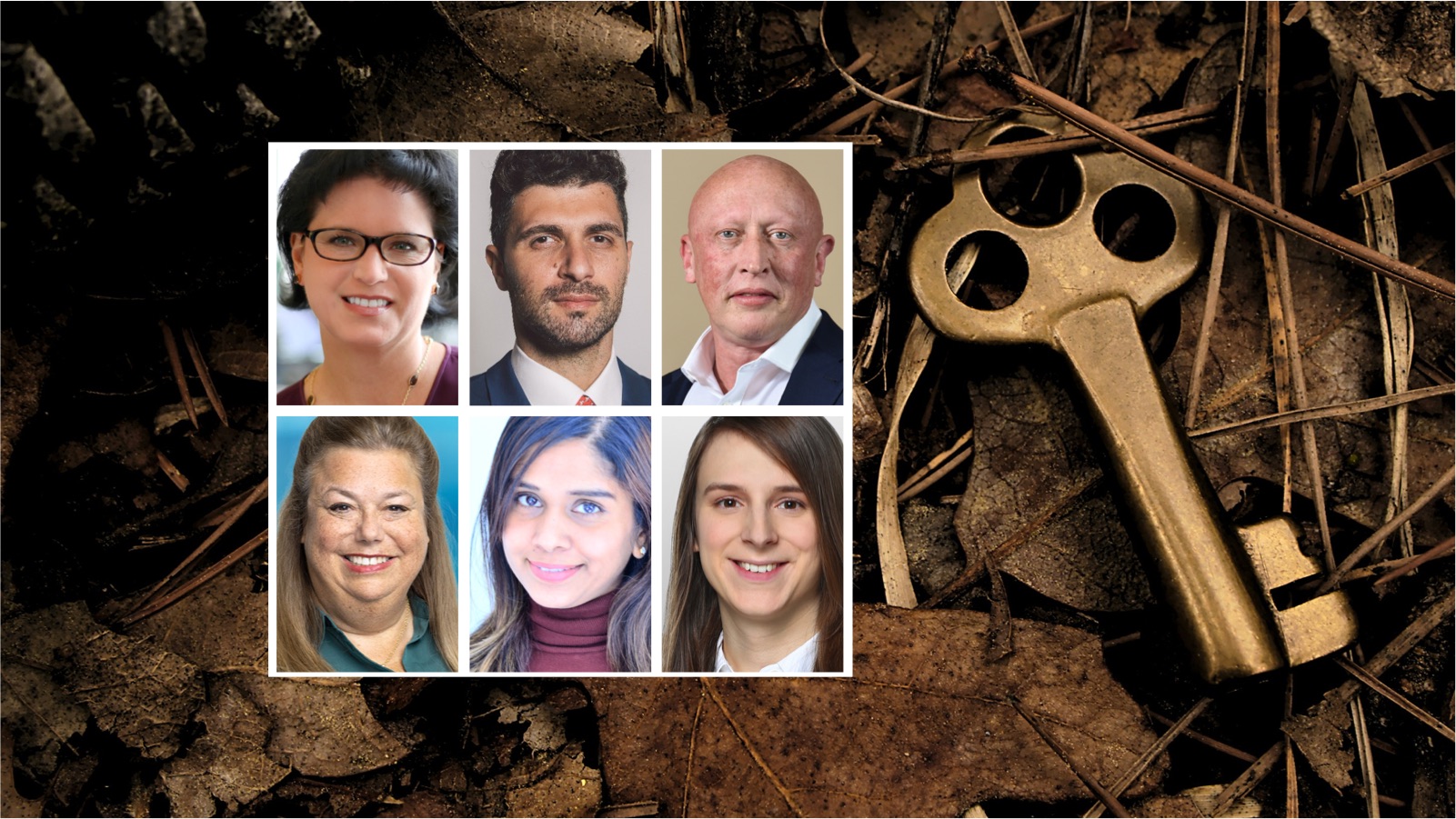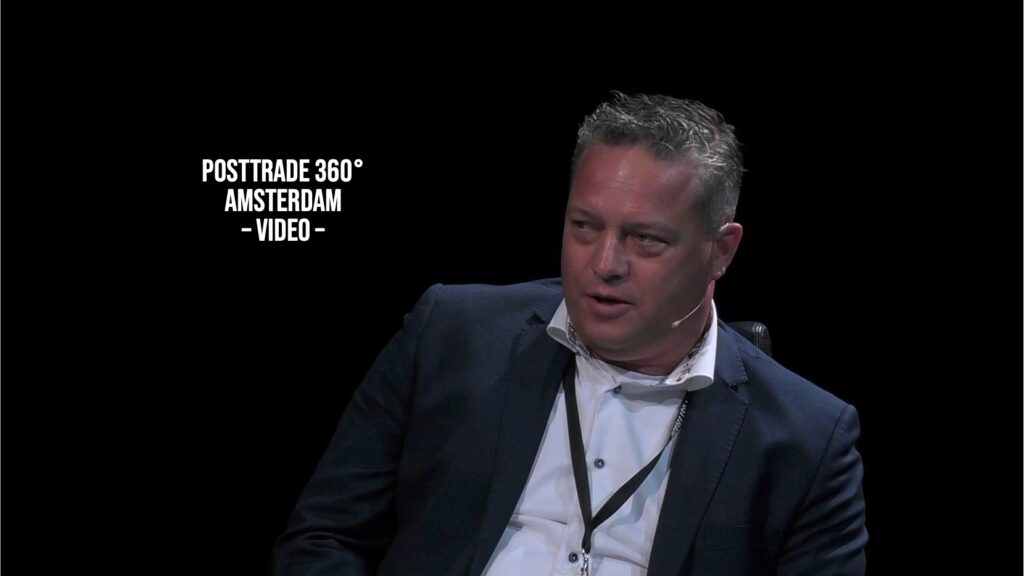On stage with PostTrade 360° Amsterdam on 13 October, EuroCCP’s Jan Treuren shared his company’s outlook on the fast-changing clearing landscape – where it is not always clear who is a partner and who is a competitor.
After EuroCCP was fully taken over by US-based derivatives exchange group Cboe last year, Cboe has this autumn launched a pan-European derivatives exchange, based in Amsterdam – and EuroCCP has expanded its product scope from equities to derivatives to cater for its clearing services.
In this 30-minute full-session video, EuroCCP’s head of product and change management Jan Treuren is interviewed by Valentijn Wiegel, head of global network management clearing at ABN AMRO Clearing.
The competitive landscape is complex, with exchange operators sometimes owning CCPs while simultaneosly benefiting from good service offers by other ones. In EuroCCPs case, the relation to Europe’s leading exchange operator Euronext is discussed in particular. Euronext used to be part owner of EuroCCP, but is now facing competition over trading volumes by the Amsterdam-based Cboe/EuroCCP lineup. Euronext is a CCP owner too.
Preferred clearing – a decent second-best
Most of Europe’s securities trade happens at venues where buyer and seller are permitted to have their clearing arranged at the clearinghouse which each of them prefers. These clearinghouses, in turn, sort it out between themselves through the setup known as CCP interoperability. However, at some leading exchanges including those in Frankfurt and Rome, both sides of the trade will be cleared at the same CCP – by default this will be at the one that is appointed as prime CCP by the venue, but if seller and buyer have both stated that they prefer a certain competing CCP, that is where the clearing task will go; this is known as preferred clearing.
EuroCCP generally presents itself as a proponent of broad choice and free competition in clearing services, also viewing positively that Britain’s LCH should be able to keep offering its services in the EU under permanent equivalence arrangements which have been slow to materialise.
“Whether there is equivalence, and whether interoperability or preferred [clearing], we should be there and work together with clearing members, and the market makers and trading firms,” says Jan Treuren.
• News around the PostTrade 360° Amsterdam event is gathered here.
• The 22-page pdf magazine, which includes the agenda, can be downloaded by clicking here.
• For a 3-page breakout of the agenda section, click here.
• By the way … are we connected on LinkedIn already, among the 1,900 post-trade pros who are? Follow us here.













